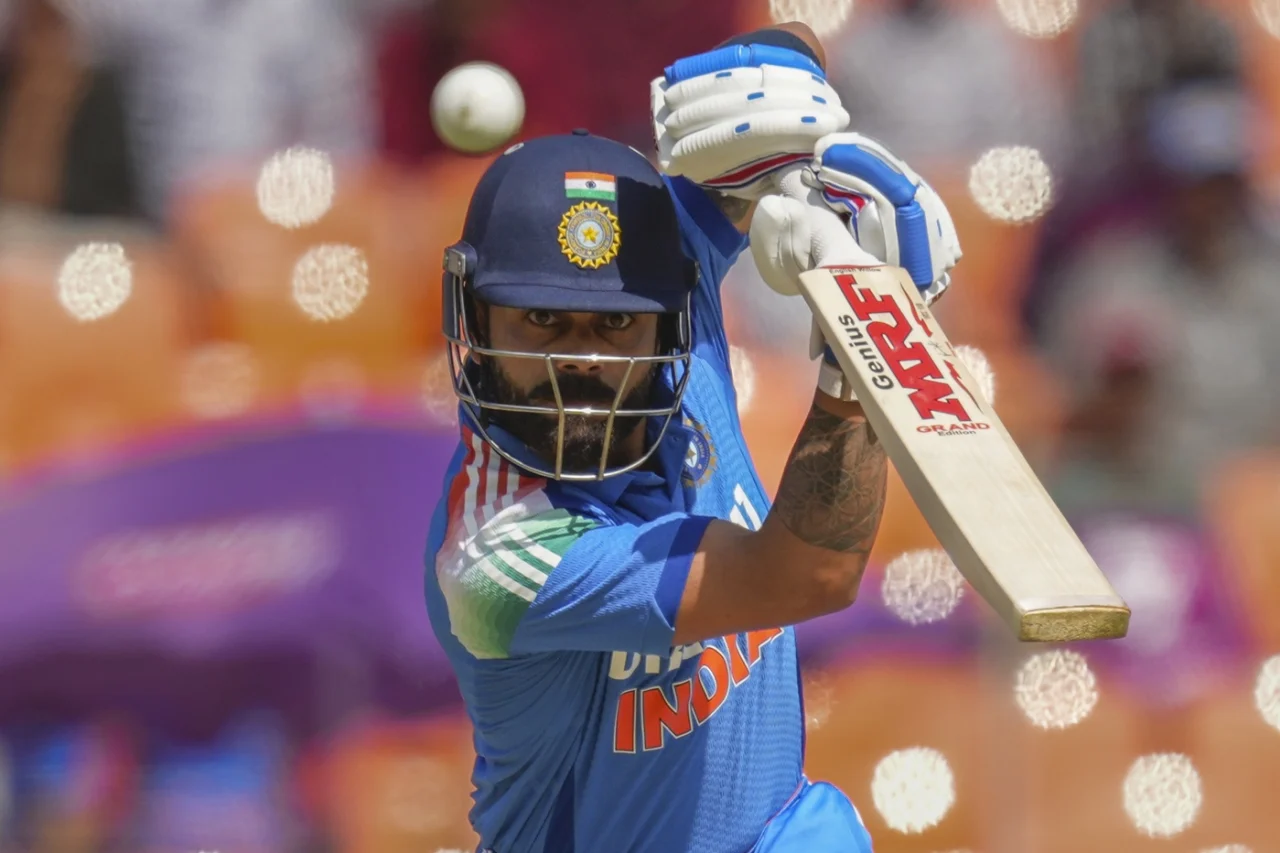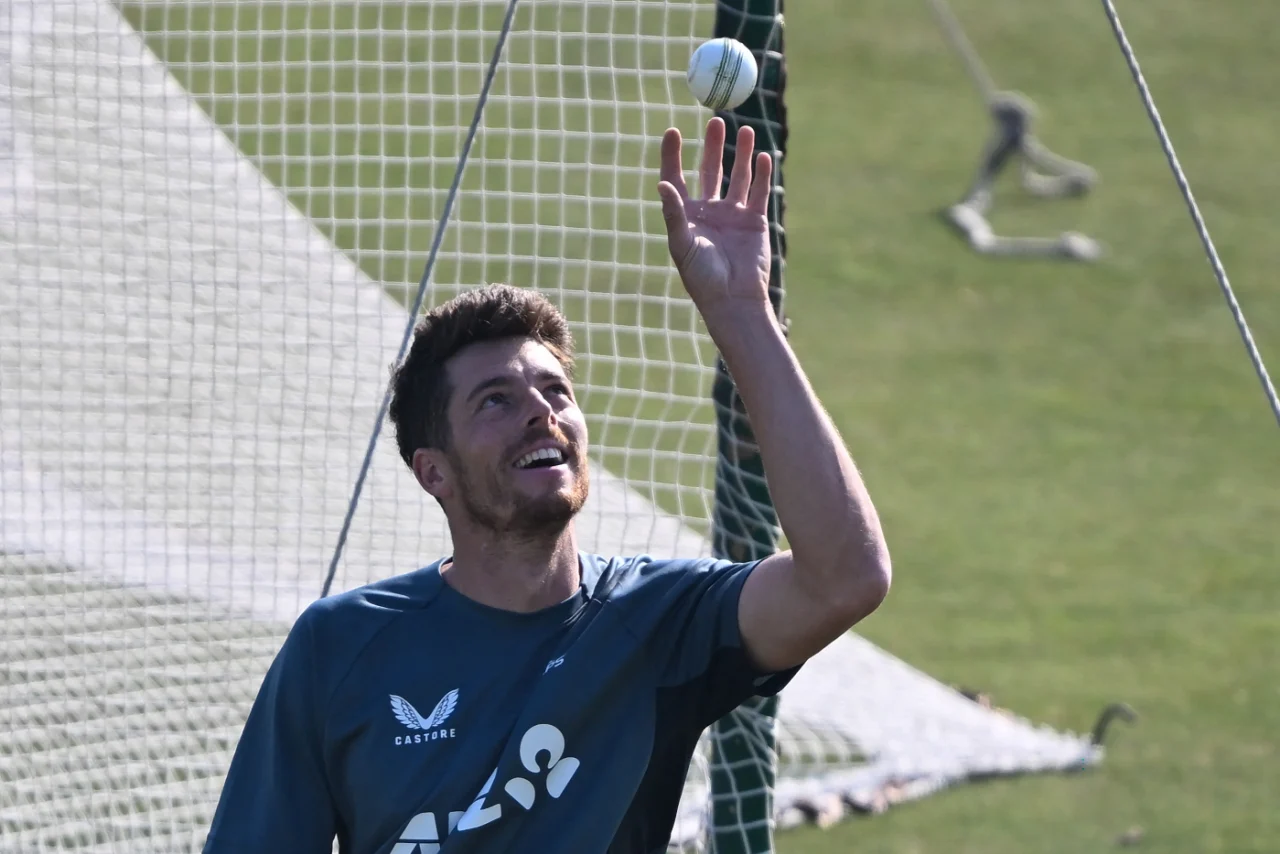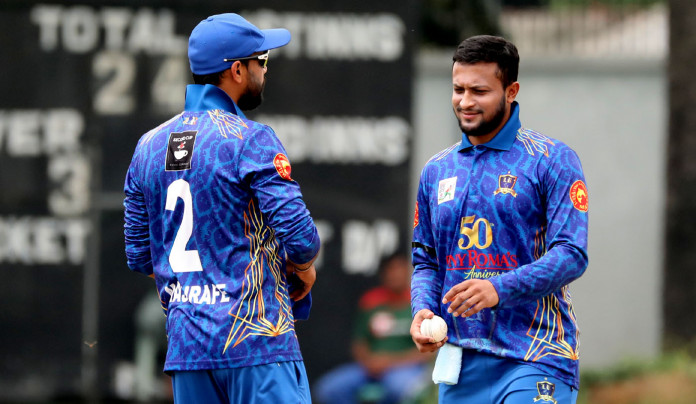Shoriful enjoys both sides of the coin

Shoriful Islam ©Cricfrenzy

Pace-bowling teen prodigy Shoriful Islam is being touted as the next big thing in Bangladeshi cricket. At age 17, he already has the experience of featuring in a major trophy (ACC Under-19 Asia Cup) for the Bangladesh under-19s, where he bagged eight wickets in four matches.
The left-handed fast-bowler has also played in the country’s prestigious domestic tournaments like the National Cricket League (NCL) and the Dhaka Premier League (DPL) and was among the top 20 wicket-takers in both competitions. He was part of the Bangladesh A team, finishing as the joint third-highest wicket-taker on their tour of Ireland and his inclusion in the second string national team is a clear indication that the national team management is keeping an eye on his development.
In an age when most lads are looking for a breakthrough at different levels of the game, Shoriful has deservingly established his own identity. Coming from a place where people work hard from dawn to dusk to earn their livelihood and barely understand the fancy game of cricket, Shoriful had the courage to dream of becoming a cricketer. Instead of preparing himself to spend his entire life at the crop fields, the brave young man is determined to don the Tigers’ jersey on the charming grass-carpeted field.
In an interview with Cricfrenzy, Shoriful shared his journey in this game so far. He talked about how he was inspired by another left-arm pacer who plays wearing the Red and Green outfit – Mustafizur Rahman.
Here are the excerpts from that interview…
Cricfrenzy (CF): How did you start playing cricket?
Shoriful Islam (SI): My uncle got me admitted to an academy in Dinajpur. Alamgir Kabir, a former national team player and a coach who nurtured me, took me to Rajshahi. Jahurul Islam then played me in the NCL and [Khaled Masud] Pilot sir played me in the Dhaka Premier League, where I entered the scene.
CF: Coming from a remote area where you had no electricity or bank, how did you come in touch with cricket? How did you get inspired?
SI: There is still no electricity in my area. I watched Mustafizur’s debut against Pakistan at a local market—Moumari Bazaar; it was at a 20-minute walk from my place. I watched a skinny guy bowling beautifully; it felt great. Then I thought that even I can become [a fast-bowler] if I try. I talked with my family. They weren’t consenting to it. However, they told my uncle about it and he took the responsibility and took me to the academy.
Then I practiced at the academy [in Dinajpur] for seven days. Then Alamgir Kabir came from Rajshahi. He was the pace-bowling coach of Clemon [Rajshahi Cricket Academy]. Then I played for Rajshahi in the NCL and then in the DPL.
CF: Did you use to play cricket in your area?

SI: We used play with tape-tennis balls in our area, not with cricket balls.
CF: You dreamed of becoming a cricketer where people mostly make living through agriculture. Were you involved in any such works?
SI: Not really. I occasionally used to go to the field with my father. He is a farmer.
CF: What are your goals now?
SI: I want to play for the national team on a regular basis. I want to keep myself fit and give something to my country.
CF: Are you working on your bowling action?
SI: Jackie sir and Champaka [Ramanayeke] sir are working on my action. They told me to develop a follow through bowling action. I attentive to their work.
CF: What did you tell your parents after you returned from the Ireland tour?
SI: When I returned, everyone in my house was very happy that I got to play and played well. Hopefully, I’ll go again. I told them to pray for me. They were upset when I left home again.
CF: You talked about your uncle…
SI: Yes, I had performed well in a tape-tennis tournament. Then my uncle told my family that formal education is not my cup of tea and took me to Dinajpur.
CF: Do you feel that not being good at studies has been a blessing in disguise?
SI: (Smiles) yes, I do feel that.
CF: Coming from a place, where there were no banks, to somewhere you can simply withdraw cash from an ATM – how do you look at the different sides of life? What do you feel about this transition?
SI: It is difficult in the village – sleeping at night during hot weather or even charging your phone. But it’s a beautiful environment here [in the city]. Everyone comes to watch the matches when their country is playing. They encourage us. It feels really good.
CF: There are many who don’t like to return to the village after getting a taste of luxuries in the city…
SI: I feel good when I return to my village after playing. Then coming here also feels good. I enjoy it on both occasions.
CF: When did you last visit your village?
SI: After the Under-19 Asia Cup. I just returned the day before yesterday.
CF: Was you family upset that you couldn’t win it?
SI: Yes, they were. The teachers at my college also felt sorry for us.




